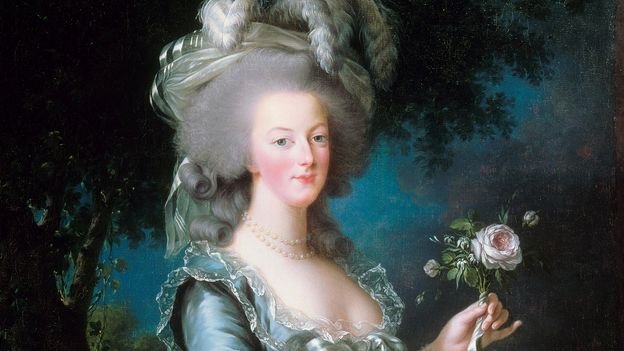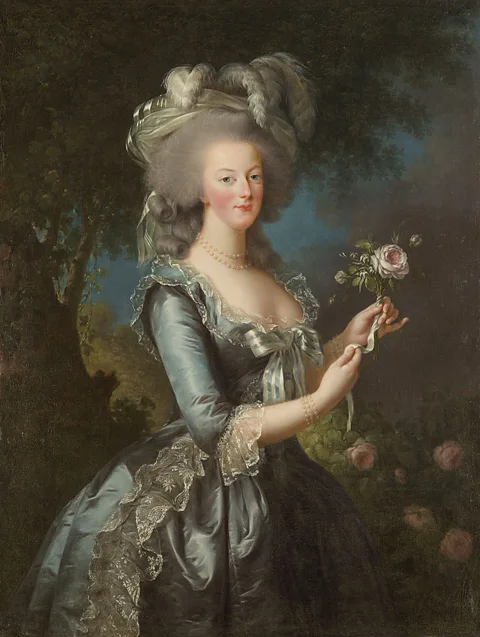Why ‘the most controversial queen in history’ was so hated

Presented to the French court as a peace offering after years of hostility with Austria, Marie Antoinette had split allegiances that mired her in suspicions − not all unfounded − that she shared military secrets with Austria. She was deemed indifferent to the French people, and derogatory references to her as “L’Autri-chienne” (a wordplay on the French for both Austrian and bitch) exemplify the distrust that fuelled public feeling.
 Château de Versailles, Dist. Grand Palais RMN / Christophe Fouin
Château de Versailles, Dist. Grand Palais RMN / Christophe FouinUnlike a king, a queen had no official power and was meant to remain in the background. Marie Antoinette was considered too prominent, too vivacious and too willing to use her charm to meddle in political affairs, secretly lobbying ministers and opposing the constitutional reforms the country cried out for. As far as her enemies were concerned, she needed to be brought down. Libellous pamphlets circulated, some pornographic, accusing her of promiscuity (Count Axel von Fersen is, in fact, her only known lover), orgies, lesbian relations and even incest.
The gossip was “all driven by misogyny”, argues Grant, adding that “a lot of the myths that persisted… arose in the 19th Century when her biographies [were] written by men”. According to Burrows, the queen was actually quite prudish. She rarely drank, she says, engaged in only “very mild flirtation” and “hated to be seen naked even by her own maids”. Yet these tropes persist. In Marie Antoinette’s World – Intrigue, Infidelity, and Adultery in Versailles (2020), Will Bashor speculates that her chronic uterine bleeding was caused by venereal disease. But he also argues that she was “emotionally abused”, “bored” and “neglected”, and though he finds her guilty of seeking pleasure outside her marriage, concludes that, for him at least, she was “forgiven”.
In reality, “she was a devoted mother,” Dr Laura O’Brien, Associate Professor of Modern European History at Northumbria University in the UK, tells the BBC, referencing the “gentler and more emotional connection” the queen had with her children, in contrast to her own upbringing. She was the first French queen to breastfeed, and to dress – as seen in the rejected portrait – in a manner suited to parenthood and life at her rural retreat.
Source link





